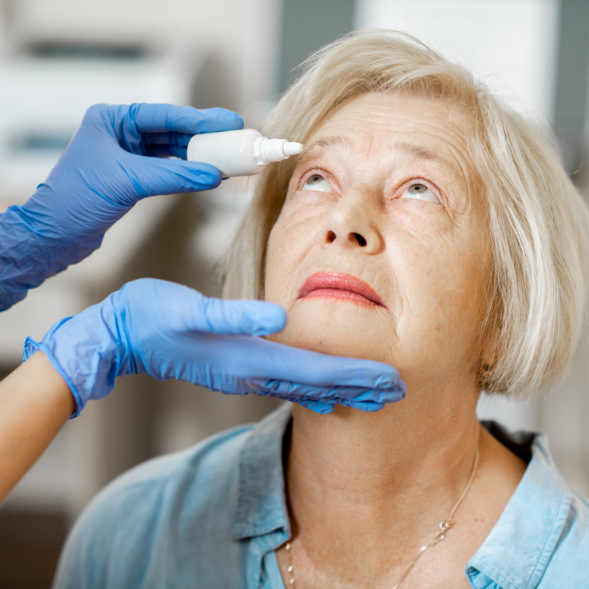
Just like your car, your eyes need periodical maintenance checks to make sure everything is going as it should. Here at Family Eye Physicians, we stress the importance of preventive and routine eye care. Why? Because it can be the difference between vision and no vision. You use your eyes every day to complete a number of vital tasks, so it is important not to take them for granted. Read on to find out why eye exams are important, what you can expect during your eye exam, and how often you should have them done!
Many people don’t think much about their eye health until they notice something is wrong. Here at Family Eye Physicians, we are striving to change that! Your eyes are an essential part of your daily life, and without them, your life would be greatly impacted.
Eye examinations are more than just a precaution. Many eye diseases and conditions can occur without your knowledge. Serious conditions like glaucoma and diabetic retinopathy do not present symptoms until serious, in some cases irreversible, vision loss has occurred. In these cases, vision loss may have been prevented through early diagnosis and treatment.
During your eye examination, your doctor will do a thorough check of the structures in and outside of your eye. This comprehensive exam will catch most eye diseases or conditions before they have a chance to cause vision loss.
For the tear film to do its job, all three layers have to be in their proper places in the correct amounts, like a recipe. If any layer is missing or abnormal, which can happen for a number of reasons, the tear film becomes disorganized and no longer soothes the eye like it should. When that happens, the symptoms of dry eye syndrome occur. The front surface of the eye gets dried out and gets inflamed. Once it gets inflamed, the eye ignores the proper tear film recipe and starts making large quantities of the aqueous (or water) layer in an effort to soothe itself. These bad quality tears don’t soothe the eye at all! They just run down your face, washing away the mucin and lipid layers as well. This makes the eye even more irritated, so it makes even more bad tears, and the cycle continues.
During your eye examination, your doctor will perform a number of tests and screenings to make sure your eyes are healthy. They will also ask you if you’ve experienced any concerning symptoms, if you have a family history of eye disease and if you have other health conditions that could impact your eye health. Your eye examination can take anywhere from 30 minutes to an hour depending on your eye health.
You may need someone to drive you home after your eye examination. Your eyes will still be dilated for around an hour after your exam, so be sure to wear UV-protection sunglasses while outside. Your vision may be blurry for up to an hour. There is no pain during or after your eye examination.
The aim of dry eye treatments is to soothe the eyes and help them produce better quality tears. Treatments like over-the-counter eye drops are helpful in managing symptoms as needed, but in order to achieve long-term relief, you will need a more comprehensive treatment. Here at Family Eye Physicians, we understand that dry eye syndrome is an irritating condition and try our best to treat the root cause when possible. This leads to better success and less need for eye drops!
How often you get your eyes examined greatly depends on your overall health and previous/current eye disease. Those at higher risk for eye problems are asked to schedule an eye examination once a year. For example, if you have diabetes or if you are over the age of 50, you should have an eye examination every year. If you already have an eye condition such as diabetic retinopathy or glaucoma, you may need to schedule exams multiple times per year so your doctor can keep track of progress. If you are young and healthy, you may schedule an eye exam every 2 to 3 years.
Click here for more information on ocular allergy testing.
If you would like to schedule your eye examination with Family Eye Physicians, contact our Chicago office today! We look forward to helping you and your family maintain your eye health.
Family Eye Physicians is one of the premier chicagoland ophthalmology practices dedicated to offering superior eye care services to protect and improve the vision quality of our patients. We strive to provide this by utilizing the most clinically relevant procedures and state of the art technology. more.